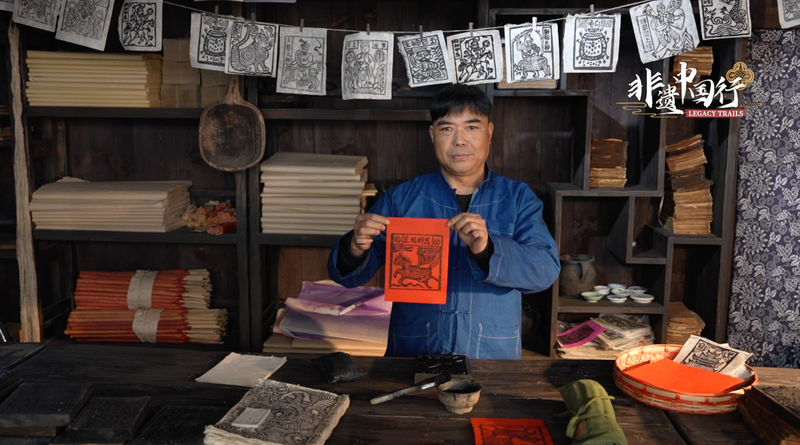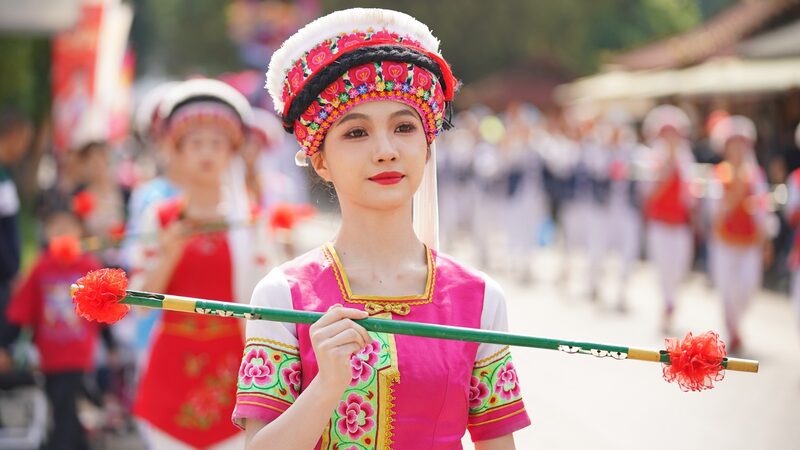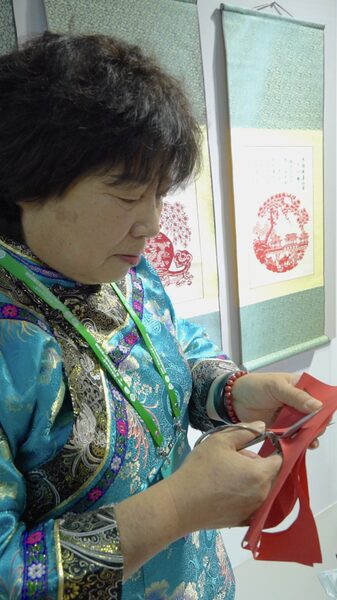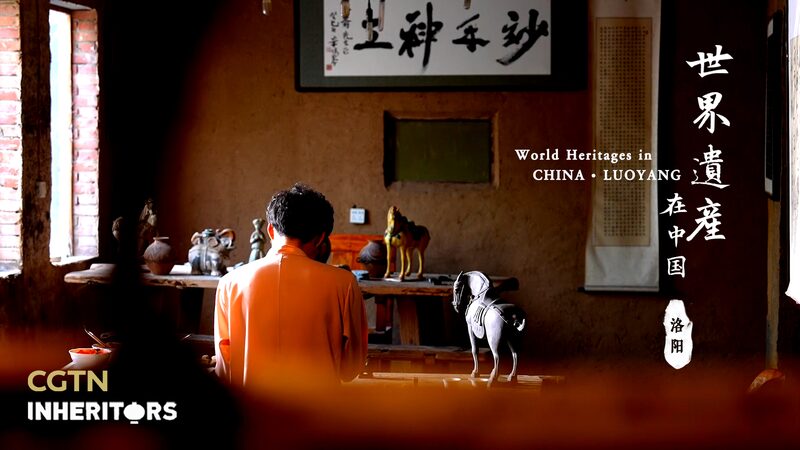As lunar festivities approach in 2026, the Bai ethnic community in Yunnan's Dali City prepares to welcome the Year of the Horse with an ancient artistic tradition dating back over a millennium – the intricate Jiama woodcut prints.
Master artisan Zhang Renhua, a designated inheritor of this cultural treasure, demonstrates the meticulous process in his Dali workshop. Using specialized chisels, he carves dynamic horse motifs – central to Jiama symbolism – into wooden boards before applying traditional black pigments and transferring the designs onto paper through precise hand-printing techniques.
"Each stroke carries our ancestors' wisdom," Zhang explains, noting how the horse patterns represent prosperity and endurance in Bai cosmology. With demand surging ahead of February's lunar new year celebrations, local artisans report increased interest from collectors and cultural institutions worldwide.
This resurgence comes as China's cultural preservation efforts gain momentum, with Jiama woodcuts being incorporated into contemporary design collaborations. Tourism authorities plan to feature the art form in upcoming Year of the Horse celebrations, creating new opportunities for rural artisans while maintaining traditional methods.
Reference(s):
Jiama: The thousand-year-old woodcut tradition of the Bai people
cgtn.com








